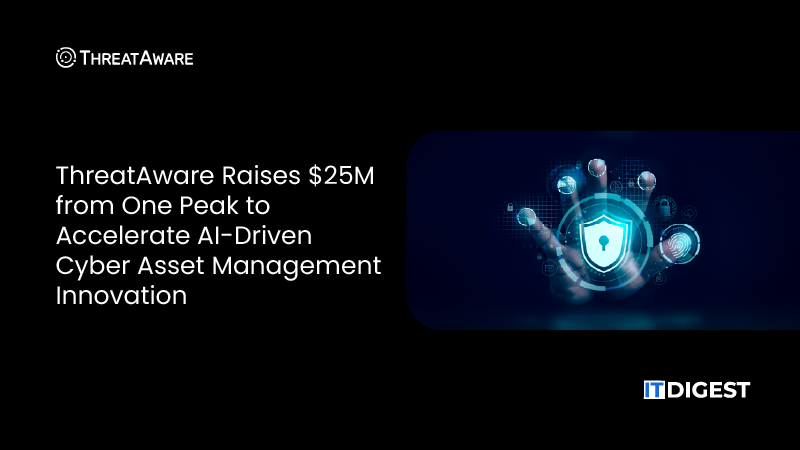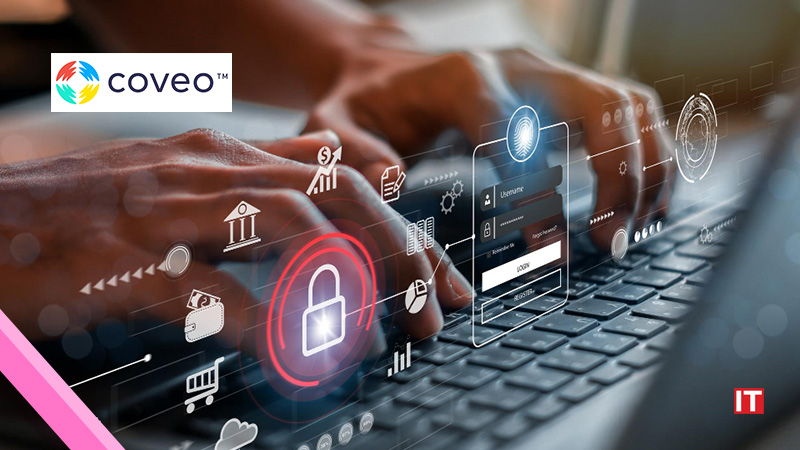Coveo, a leader in AI platforms that transform digital experiences with intelligent search, recommendations, 1:1 personalization, and merchandising, announced that it has received ISO 27001 certification, highlighting its laser focus on customer security. ISO 27001 is the leading international standard focused on information security, developed to help organizations protect their information systematically and cost-effectively by adopting an Information Security Management System.
Coveo earned this important recognition through its commitment to upholding the confidentiality, integrity and availability of its customers’ data while complying with applicable laws and regulations. This helps Coveo customers navigate the changing security implications of data in AI.
To achieve the ISO 27001 certification, organizations must demonstrate a systematic and documented approach to protecting and managing sensitive information, including employee and customer data, financial information, and information entrusted to it by third parties.
“We are proud to have achieved the ISO 27001 certification, reaffirming our commitment to data security and privacy. At Coveo, we have built a foundation of trust, empowering our customers and partners to embrace the limitless possibilities of AI with confidence,” said Anne Theriault, VP of Legal, DPO and CISO. “By adhering to rigorous security standards, we are helping to ensure that our cutting-edge capabilities and solutions can empower businesses to harness the transformative power of AI while minimizing the risks and vulnerabilities.”
ISO 27001 is a globally recognized standard for the establishment and certification of an ISMS. The standard specifies the requirements for establishing, implementing, operating, monitoring, reviewing, maintaining and improving a documented ISMS within the context of the organization’s overall business risks. It sets forth a risk-based approach that focuses on adequate and proportionate security controls that protect information assets and give confidence to interested parties.
SOURCE: GlobeNewswire

































